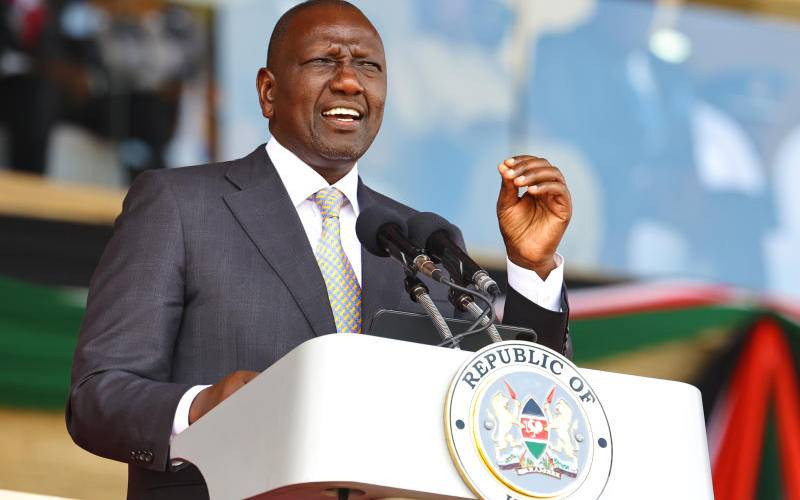
It is 100 days since William Ruto put down the Bible at Kasarani and officially became the fifth president on September 13, 2022 as several presidents and heads of government in Africa watched. He had disorganised Uhuru Kenyatta, who had coined the term 'The 5th' to refer to a possible Raila Odinga presidency, by shooting down both Uhuru's and Raila's expectations.
He works hard to be at the top of everything and ends up with a mixed bag of wins and losses as seen through international and domestic lenses. Like Franklin Delano Roosevelt and his New Deal in 1933, Ruto seems to be hurrying to be seen to do things to keep the country busy and he made mistakes.